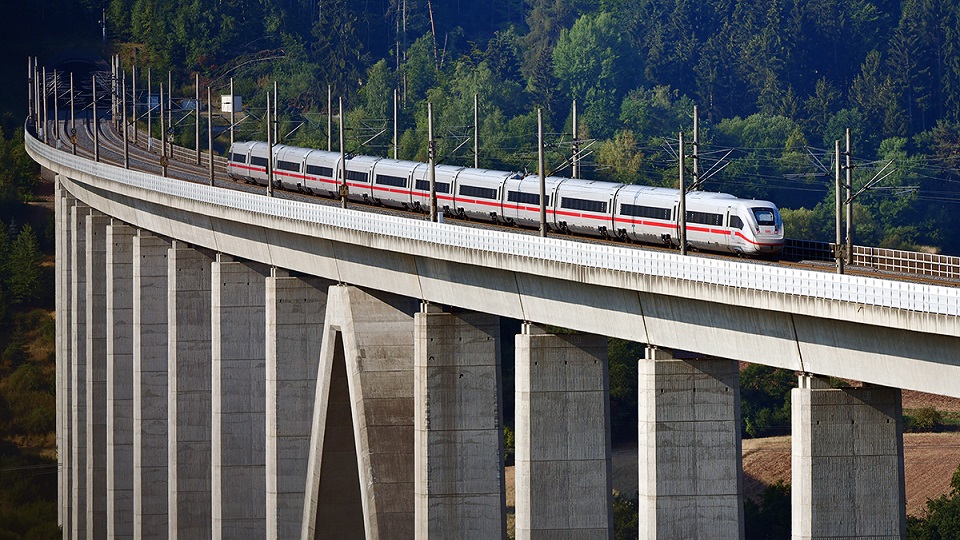CER approves policy priorities for 2019-2024

The Community of European Railway and Infrastructure Companies (CER) has approved its policy agenda for 2019-2024. It includes five points that will define the development of the EU’s rail sector with 2.3 million employees and a Gross Value Added of 149 billion Euros.
The CER policy agenda for 2019-2024 was adopted on the association’s bi-annual General Assembly in Brussels on 21 February. The document provides the implementation of five priorities:
- digitalisation (ERTMS, ATO, e-ticketing),
- customer orientation (personalised service, providing tailor-made information),
- carbon-free rail operations by 2050 (modernisation of rolling stock, renewable sources of energy),
- searching the new possible sources of funding beyond the public ones,
- development of the high-frequency rail connections between Europe and Asia.
“What is achieved during the next five years in terms of EU policy and related actions will be crucial for our ability to break the negative trend of climate change. The railway sector is prepared to make the necessary commitments, but we clearly need help also from policy and decision makers in getting the right framework conditions and incentives in place for the transportation sector as a whole. We think that our agenda should really be the reference baseline in this regard, hoping that it is sufficient, but of course we welcome more ambitious efforts,” CER Chair Crister Fritzson said.
Recommendations and measures
The adopted document also contains several recommendations and measures to implement the priorities. There are three recommendations for European policymakers regarding the railway industry. The policy should improve the significance of the rail sector ‘as the backbone of sustainable European transport and economy’, provides a stable regulatory environment in the industry and correct the actual regulatory unbalances between modes of transport.
As for policy measures, the following points are mentioned in the document:
- promoting digitalisation, research and innovation,
- adequate funding for technological upgrades of infrastructure and rolling stock,
- a complete internalisation of negative externalities for all modes of transport,
- catching the opportunities offered by trans-continental freight flows,
- redressing the intermodal playing field under the fiscal aspect,
- consumer protection and working conditions.
Also read:




